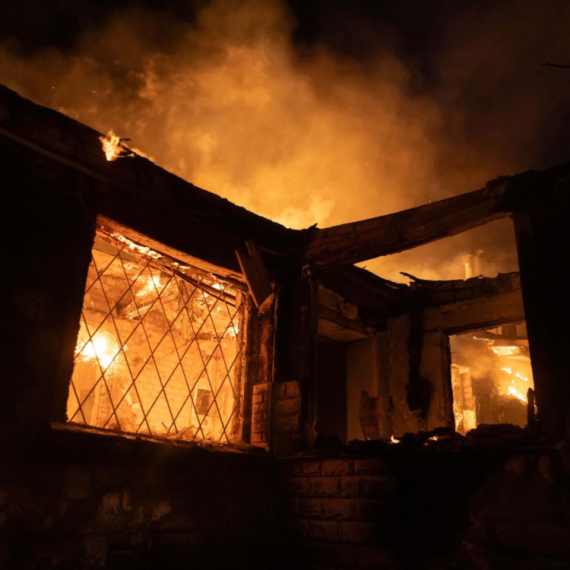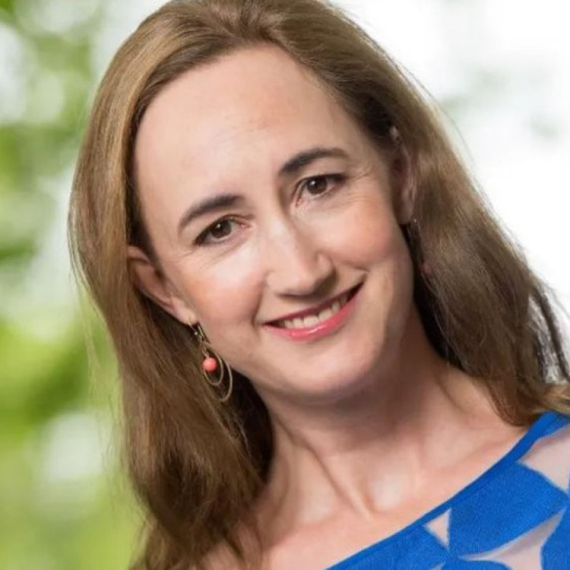Dačić seeks another "new political deal"
First Deputy PM Ivica Dačić is urging the parties of the ruling coalition to reach a new agreement on functioning of all state organs and institutions.
Friday, 02.01.2009.
18:44

First Deputy PM Ivica Dacic is urging the parties of the ruling coalition to reach a new agreement on functioning of all state organs and institutions. This, he told Tanjug news agency in an interview in Belgrade on Friday, is of crucial importance for stability of Serbia in 2009. Dacic seeks another "new political deal" "My message to those executing state power is, either do it, or let other do it. There are no half-way solutions here. Those who cannot, or won't, must simply withdraw from that position." “The key issue for Serbia's stability is the functioning of parliament, which cannot work without an agreement. That is why the ruling parties are responsible for obtaining a political agreement on the functioning of all organs of the authority,” said Dacic, who is also interior minister in the Cvetkovic cabinet. According to his evaluation, in the coming period, the ruling coalition will have to coordinate its political activities better, while parliament whips should meet more often and prevent "all possible political deviations from agreements reached". Dacic, leader of the Socialists (SPS), described that on one occasion when he presided over a cabinet meeting instead of PM Mirko Cvetkovic, he made all the ministers return after they, "as is customary for them", left the room, "as if they had something better to do". "I told them if any of them had more important business to attend to than being ministers, they should sign their resignations immediately, and then go on and do that other, more important job. This goes for all state organs," he warned. Nevertheless, Dacic believes that the government is stable, and says new elections are "not necessary". “The government is stable. We communicate regularly. At the latest government session, (Deputy Prime Minister) Mladjan Dinkic said that he believes the government should be united and I agree with that.” As for the Russo-Serbian energy agreement, which drove a wedge between Dinkic and the rest of the cabinet, prompting speculation on the government's future, Dacic believes that it is very important for Serbia to realize the deal as a whole, i.e., to, beside selling NIS, construct the South Stream gas pipeline and reconstruct the Banatski Dvor gas storage. His party's decision to join former rivals the Democrats (DS), instead of the Democratic Party of Serbia (DSS) and the Radicals (SRS) in the wake of May's elections, Dacic said, was the right one. “If I were to say what the event of 2008 was, I would surely say that it was the decision of the SPS to form a government with the DS.” “We are now talking about Serbia's current problems. But, if the government were formed with the Radicals or with [DSS leader Vojislav] Kostunica, what kind of problems would Serbia have?,” he wondered. “We simply could not have allowed the SPS to be marked again as a party that had decided to take Serbia backward,” concluded Dacic, in reference to the fact that the SPS reigned in Serbia, led by its founder Slobodan Milosevic, throughout the 1990s. Dacic is interviewed by Tanjug in Belgrade on Friday (Tanjug)
Dačić seeks another "new political deal"
"My message to those executing state power is, either do it, or let other do it. There are no half-way solutions here. Those who cannot, or won't, must simply withdraw from that position."“The key issue for Serbia's stability is the functioning of parliament, which cannot work without an agreement. That is why the ruling parties are responsible for obtaining a political agreement on the functioning of all organs of the authority,” said Dačić, who is also interior minister in the Cvetković cabinet.
According to his evaluation, in the coming period, the ruling coalition will have to coordinate its political activities better, while parliament whips should meet more often and prevent "all possible political deviations from agreements reached".
Dačić, leader of the Socialists (SPS), described that on one occasion when he presided over a cabinet meeting instead of PM Mirko Cvetković, he made all the ministers return after they, "as is customary for them", left the room, "as if they had something better to do".
"I told them if any of them had more important business to attend to than being ministers, they should sign their resignations immediately, and then go on and do that other, more important job. This goes for all state organs," he warned.
Nevertheless, Dačić believes that the government is stable, and says new elections are "not necessary".
“The government is stable. We communicate regularly. At the latest government session, (Deputy Prime Minister) Mlađan Dinkić said that he believes the government should be united and I agree with that.”
As for the Russo-Serbian energy agreement, which drove a wedge between Dinkić and the rest of the cabinet, prompting speculation on the government's future, Dačić believes that it is very important for Serbia to realize the deal as a whole, i.e., to, beside selling NIS, construct the South Stream gas pipeline and reconstruct the Banatski Dvor gas storage.
His party's decision to join former rivals the Democrats (DS), instead of the Democratic Party of Serbia (DSS) and the Radicals (SRS) in the wake of May's elections, Dačić said, was the right one.
“If I were to say what the event of 2008 was, I would surely say that it was the decision of the SPS to form a government with the DS.”
“We are now talking about Serbia's current problems. But, if the government were formed with the Radicals or with [DSS leader Vojislav] Koštunica, what kind of problems would Serbia have?,” he wondered.
“We simply could not have allowed the SPS to be marked again as a party that had decided to take Serbia backward,” concluded Dačić, in reference to the fact that the SPS reigned in Serbia, led by its founder Slobodan Milošević, throughout the 1990s.



















































Komentari 0